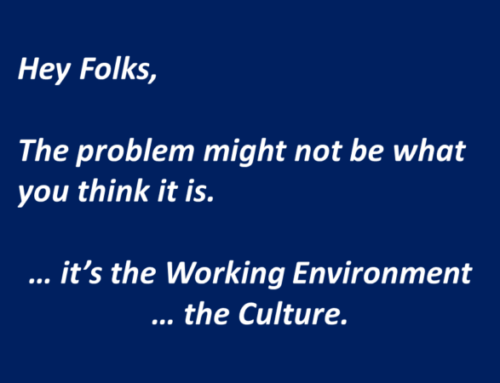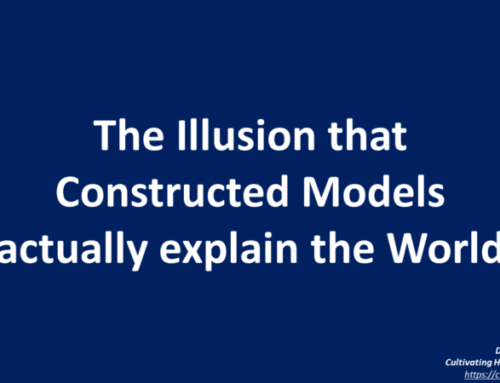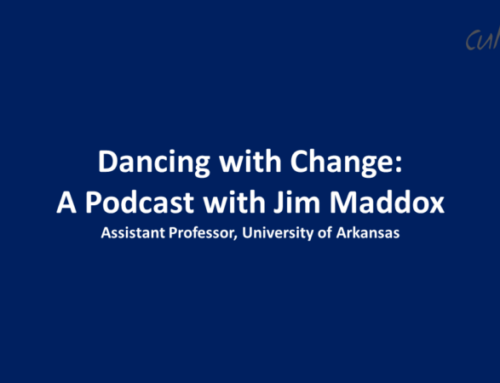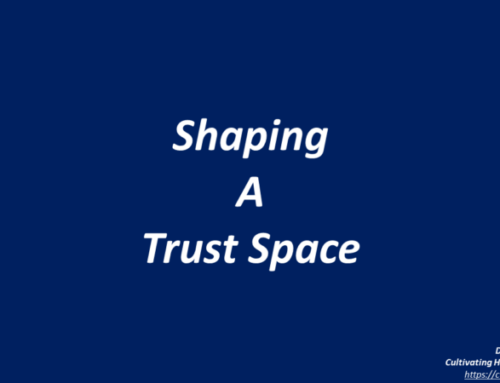Forget Manifestos
Let People Shape Their Environment Together
One day, thousands of years ago, someone (or a group of people) wrote a myth that as a proclamation, has become so deeply embedded into the worldview of western and middle eastern societies that it is all too often understood as fact. The myth? That God wrote the ten commandments.
Myths pervade all societies and those that become embedded filter through formal education programmes and ultimately the institutions and organisations with which millions of people in that society interact continuously. It’s a self-perpetuating cycle and remains so, until challenged.
It is perhaps not particularly surprising that the sub-conscious influence of such myths is at play throughout society, including among those who claim to reject its conventional norms. So ironically, so many self-proclaimed ‚revolutionary‘ individuals and groups also produce a plethora of manifestos and models that are supposedly the answer to our problems.
What is a manifesto?
A proclamation formulated by one or more people proclaiming to „know“ the right/best/appropriate way to go about life or business.
Manifestos are widespread among political parties, interest groups and professional groups … even among those professional groups that claim to understand that healthy living organisms generate life naturally in interrelationship.
While I personally don’t understand nearly enough about nature; about biology; about how the continuously changing interactions among living organisms are continuously creating new constellations in our environment; about the workings of those mysterious flows of energy which infiltrate and integrate our lives; my work and experiences with people though six decades of life have taught me that …
When people in communities own what they do and how they work, they will ensure that they shape their living and working environments positively.
And this alone is precisely the reason that nobody needs manifestos formulated by heroes (perhaps subconsciously) playing at being a mythical God.
The answer to our problems does not exist.
How can we enable people in organisation communities1 to take ownership for and shape their working environment?
A prerequisite for any meaningful initiative in organisations is that nominal leaders of the organisation unit want members to take ownership and act accordingly.
When working with groups to (Re-)Shape Organisation Culture, I have discovered that integrating the following principles dramatically increases the chances of success.
- Especially when re-shaping existing organisations, engage an external facilitator.
- The inner disposition of the facilitator is that s/he „knows“ nothing whatsoever about what how the group should act and acts accordingly.
- Clear context: The focus for the group is transparent and always remains in focus.
- The group knows what it needs even if it doesn’t know that it knows.
- The group is continuously Questioning.
- All group members feel they can contribute as themselves rather than as a ‚masked self‘.
- All group members feel their contributions are valued.
- All group members benefit from the outcomes of their work.
- Groups have space to evolve as living integrated relational entities. This space includes time.
- Groups intrinsically recognise the complex nature of their interdependence and the fact that their relationships are dynamic.
Now, if a community decides to create its own set of working principles and call this a ‚manifesto‘, this is of course, their choice. Such a ‚manifesto‘ is neither a simple nor simplistic proclamation.
Note:
1 My use of the word community includes organisations. Organisations are communities where people gather to work together.






